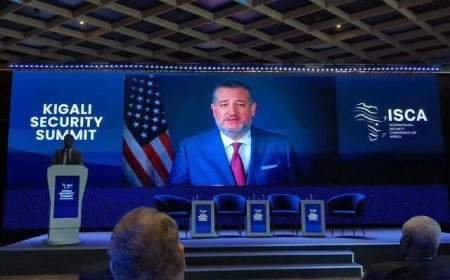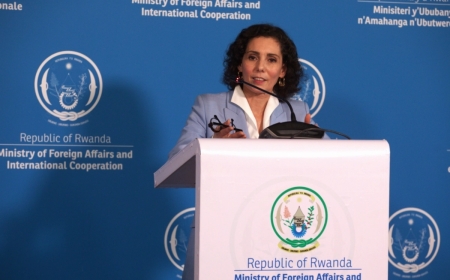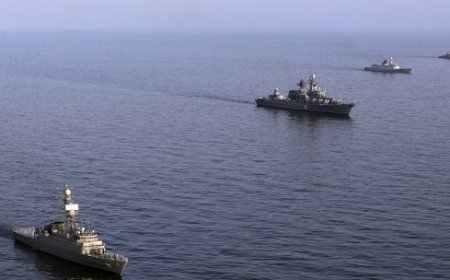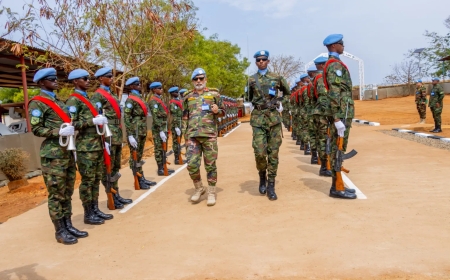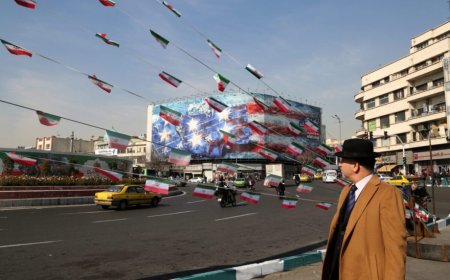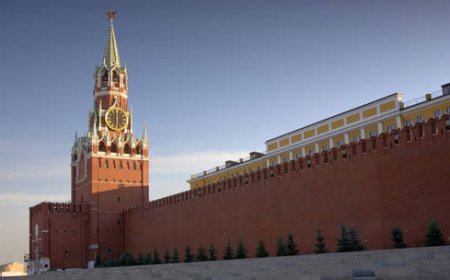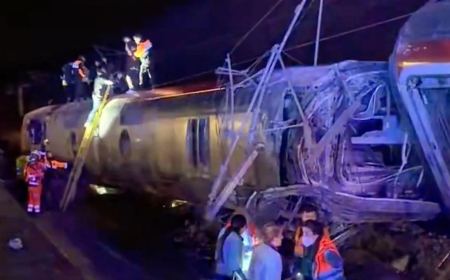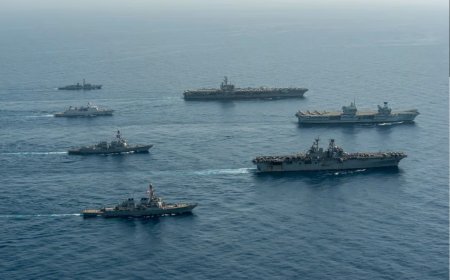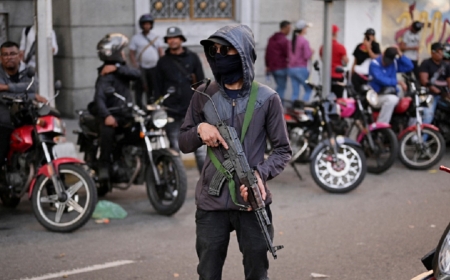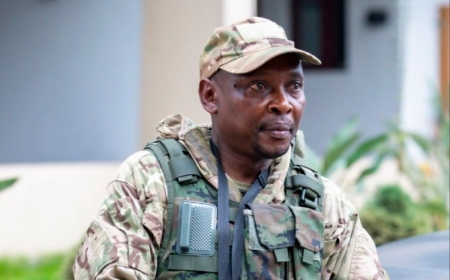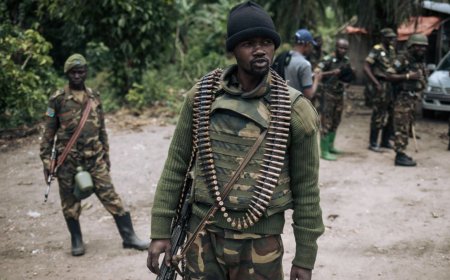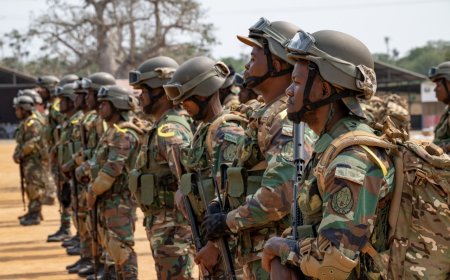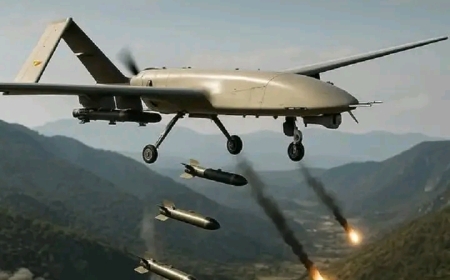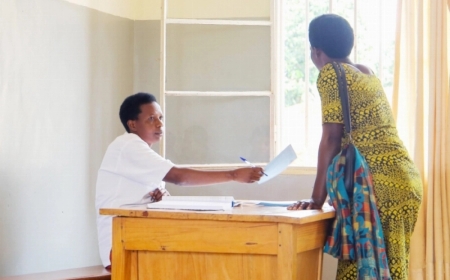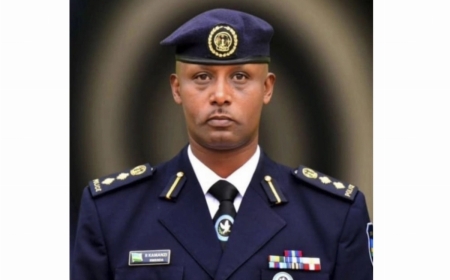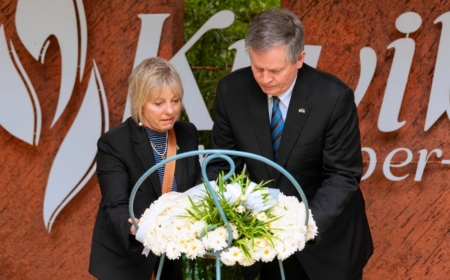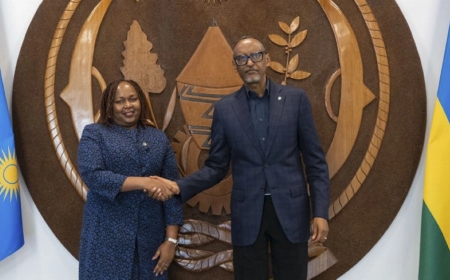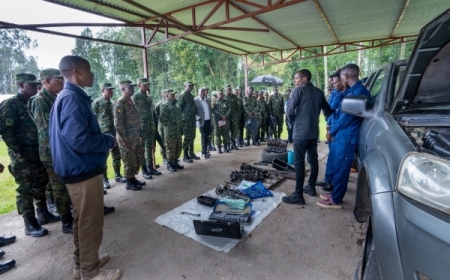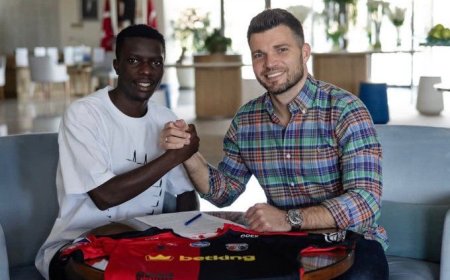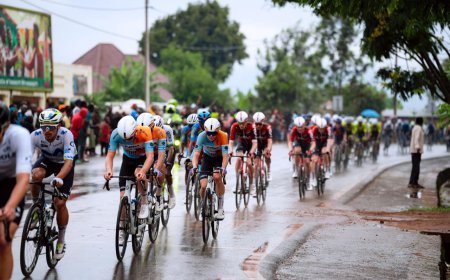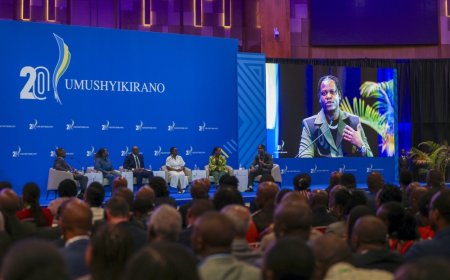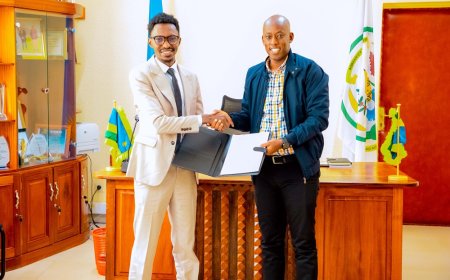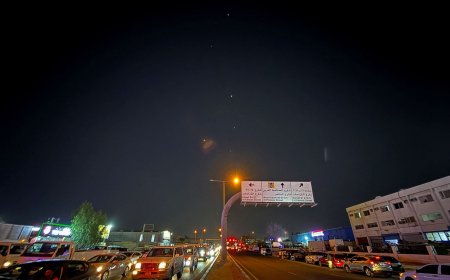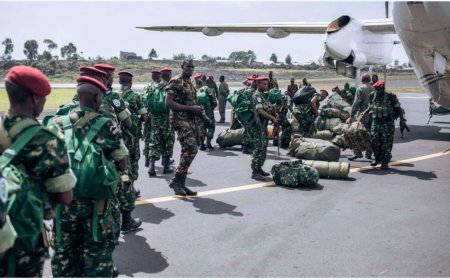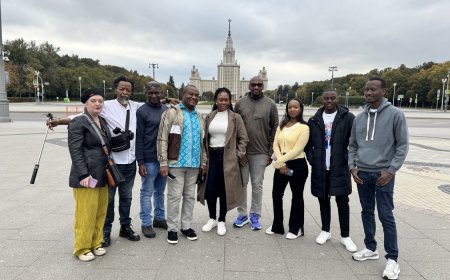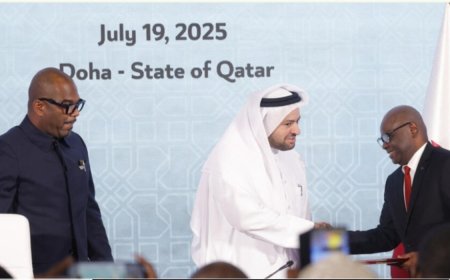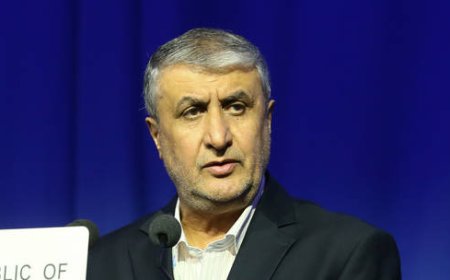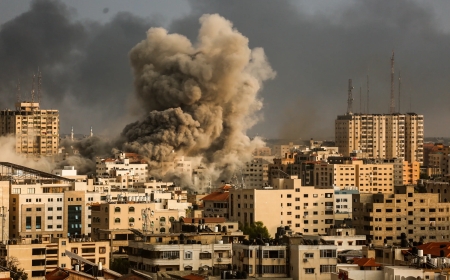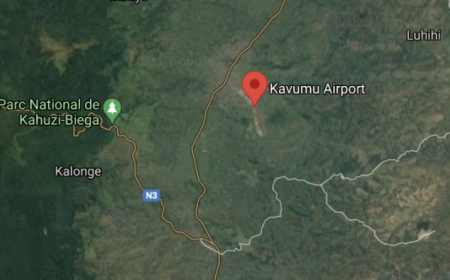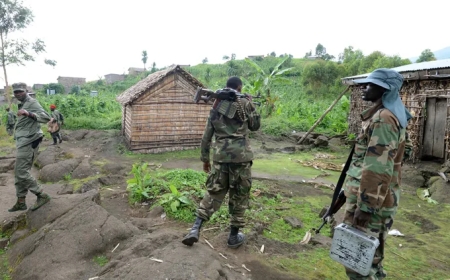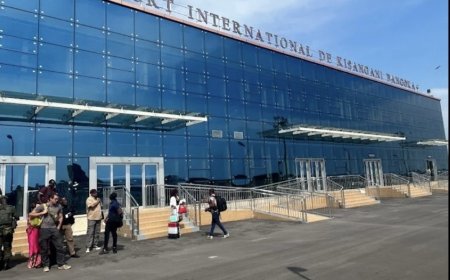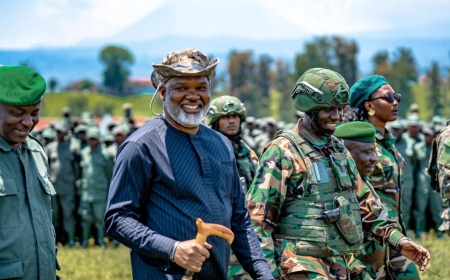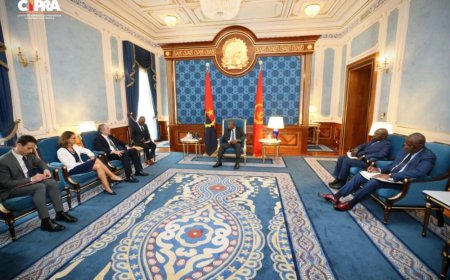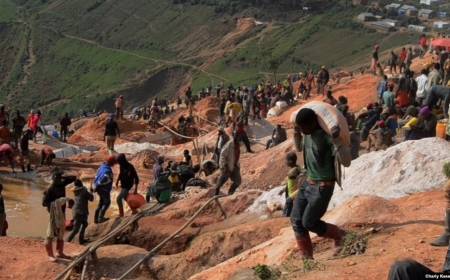Foreign contractors operate DRCongo’s Military drones
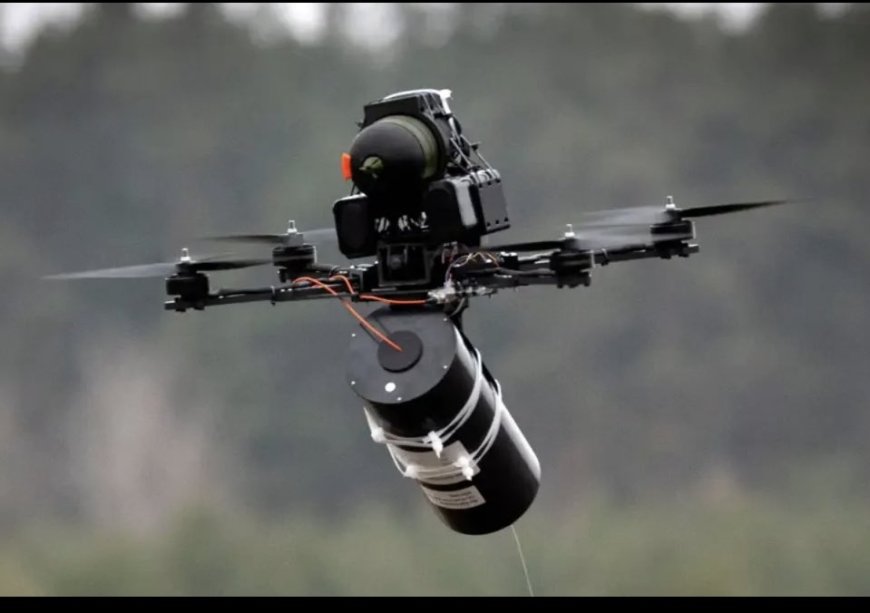
The Democratic Republic of Congo (DRC) is currently relying on 120 foreign contractors to operate military drones and aircraft on behalf of its national army, the FARDC, in a move that signals the country’s growing dependence on private military support amid the ongoing eastern conflict.
The foreign personnel, primarily deployed in Kinshasa and Kisangani, are technicians hired by the private military company Agemira, a Bulgarian company.
They are tasked with handling CH4 drones and supporting air operations, even as fighting continues between government forces and armed groups such as the AFC/M23.
Despite their crucial technical role, Agemira’s operations are expected to wind down in the coming months. The company is reportedly planning to end its engagement in the DRC by September 2025.
The extent of foreign involvement came into focus after 291 personnel from another company, Congo Protection (CP), sought refuge at MONUSCO bases during intense fighting around Goma, where the FARDC faced off with M23 rebels.
The incident followed threats reportedly issued by the rebels and led to an emergency evacuation operation.
It was only later, through a report by the United Nations Group of Experts, that the full scale of private military presence in the country was revealed. According to the report, the 291 CP staff were evacuated to Romania via Kigali, following negotiations between the UN and the Rwandan government.
At the time of the report’s publication, all CP personnel had exited Congolese territory, though the 120 Agemira contractors remained active.
The same UN report also disclosed a major new agreement: in December 2024, the DRC government signed a five-year military contract with Erik Prince, founder of Blackwater (now Academi), the controversial American private military firm.
Through a network of companies—some based in the United Arab Emirates—Prince proposed a broad security package that includes ground troop training, deployment of armed drones, and aerial support for DRC’s operations in North Kivu, South Kivu, and Ituri.
To fund these expanded military services, the Congolese government reportedly considered creating a “mining police”, responsible for collecting revenues from the extractive industries operating in those regions.
Erik Prince, a former US Navy SEAL, gained global attention after founding Blackwater in 1997. He served as its CEO until 2009 and chaired the company until its sale in 2010. He now resides in the UAE and continues to operate security ventures worldwide.
- In May, hundreds of Romanian nationals—described as FARDC instructors by Kinshasa, but referred to as mercenaries by Kigali—crossed into Rwanda through Gisenyi earlier this year and were later flown to Romania.
These developments underscore how the DRC’s military campaign in the east is increasingly supported by foreign private contractors, both technical and tactical.
While the government maintains that their involvement is strategic and necessary, the growing foreign military footprint also raises questions about accountability, sovereignty, and the long-term implications of outsourcing national defense.
